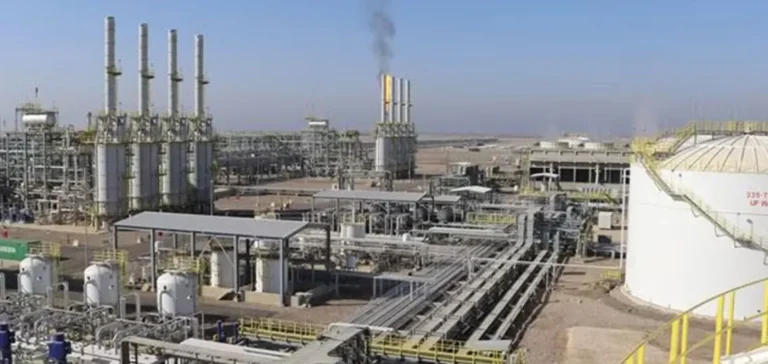Iraq has implemented a series of mechanisms to sustain its oil exports while formally complying with Western sanctions regimes. Following the designation of Lukoil and Rosneft on the Specially Designated Nationals (SDN) list by the US government, Baghdad halted payments to Russian entities while taking over certain local operations at affected oil sites, particularly at West Qurna-2.
Maintaining production at West Qurna-2
Lukoil, the majority operator of West Qurna-2 with a 75% stake, declared force majeure after the blockage of its international financial flows. In response, the Iraqi state took over the payment of salaries for the site’s 1,300 Iraqi employees, in dinars, while suspending all transfers to Russia. Production was thus maintained between 460 and 480 kb/d, representing around 9% of national output.
This separation of the physical resource from the sanctioned entity helps reduce the risk of sanctions violations for Iraqi banking and industrial partners. Lukoil has announced its intention to divest international assets, using OFAC (Office of Foreign Assets Control) general licenses to organise its exit from the project.
Energy swaps with Iran
In parallel, Baghdad manages its gas and electricity imports from Iran via a barter system involving Iraqi crude oil, thereby avoiding the use of dollars. Funds owed to Iran are held in dinars in public Iraqi banks, limiting direct exposure to secondary sanctions. This mechanism, in place since 2023, enables Iraq to address a debt estimated at $11bn while preserving essential energy supply for its power grid.
The Trade Bank of Iraq, the main public institution involved, acts as intermediary for these transactions outside the international banking system, reducing the risk of interference by US correspondent banks.
Public guarantee and operational continuity
On other major southern oilfields, such as Rumaila and Zubair, the Iraqi authorities have historically adjusted technical service contracts to accommodate budget constraints and avoid production disruptions. This approach has continued in the Lukoil case, with Baghdad assuming the role of insurer of last resort to prevent production collapse.
Institutional actors, including SOMO (State Oil Marketing Organization), play a central role in coordinating physical and financial flows while ensuring formal compliance with sanctions frameworks.
Banking and geopolitical implications
The implementation of these technical arrangements requires heightened vigilance for banks operating with Iraq, as they must strengthen due diligence on flows related to assets potentially linked to sanctioned entities. Iraq’s complex system—combining domestic payments, swaps, and targeted suspensions—increases compliance costs for financial institutions.
Geopolitically, Iraq positions itself as a buffer between the interests of Washington, Moscow, and Tehran. While this enhances Baghdad’s strategic value, it also exposes the country to increased pressure if any sanctions regime tightens or narrows its waiver windows.






















